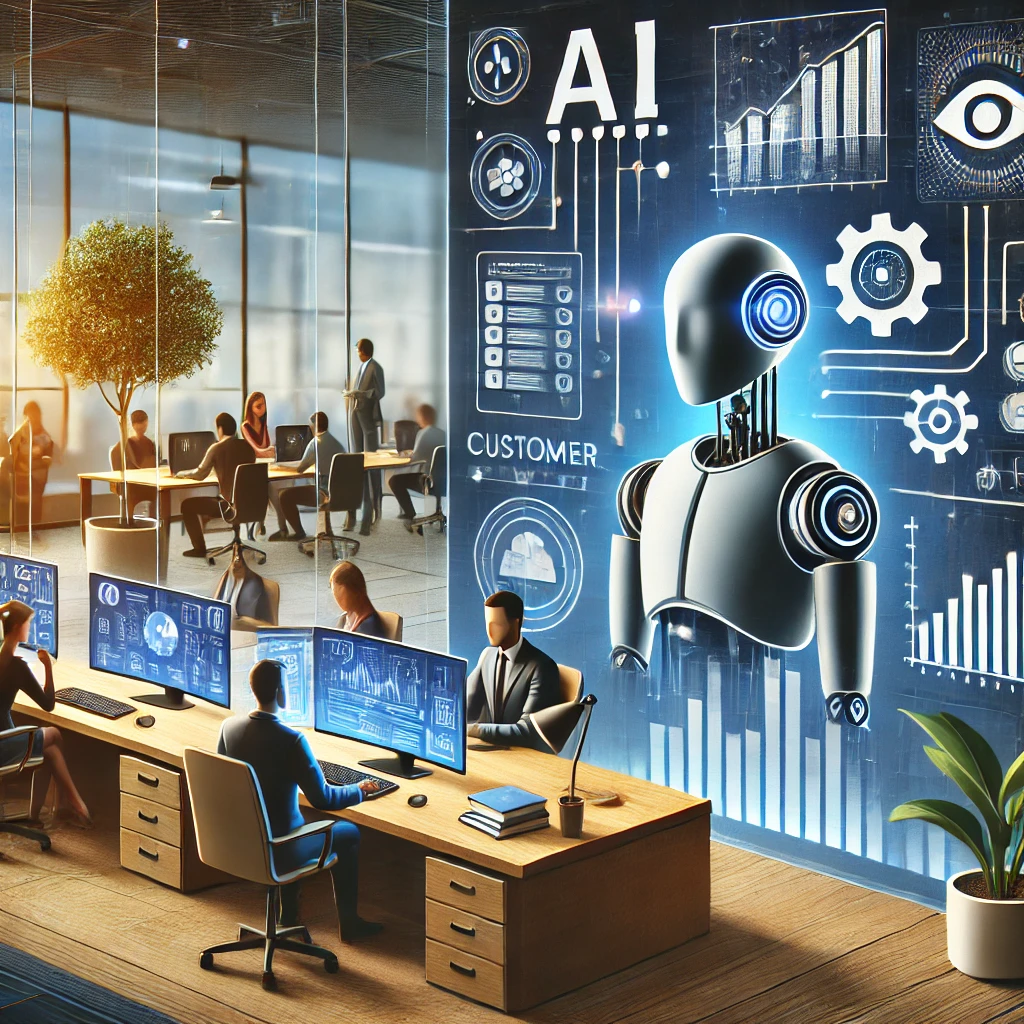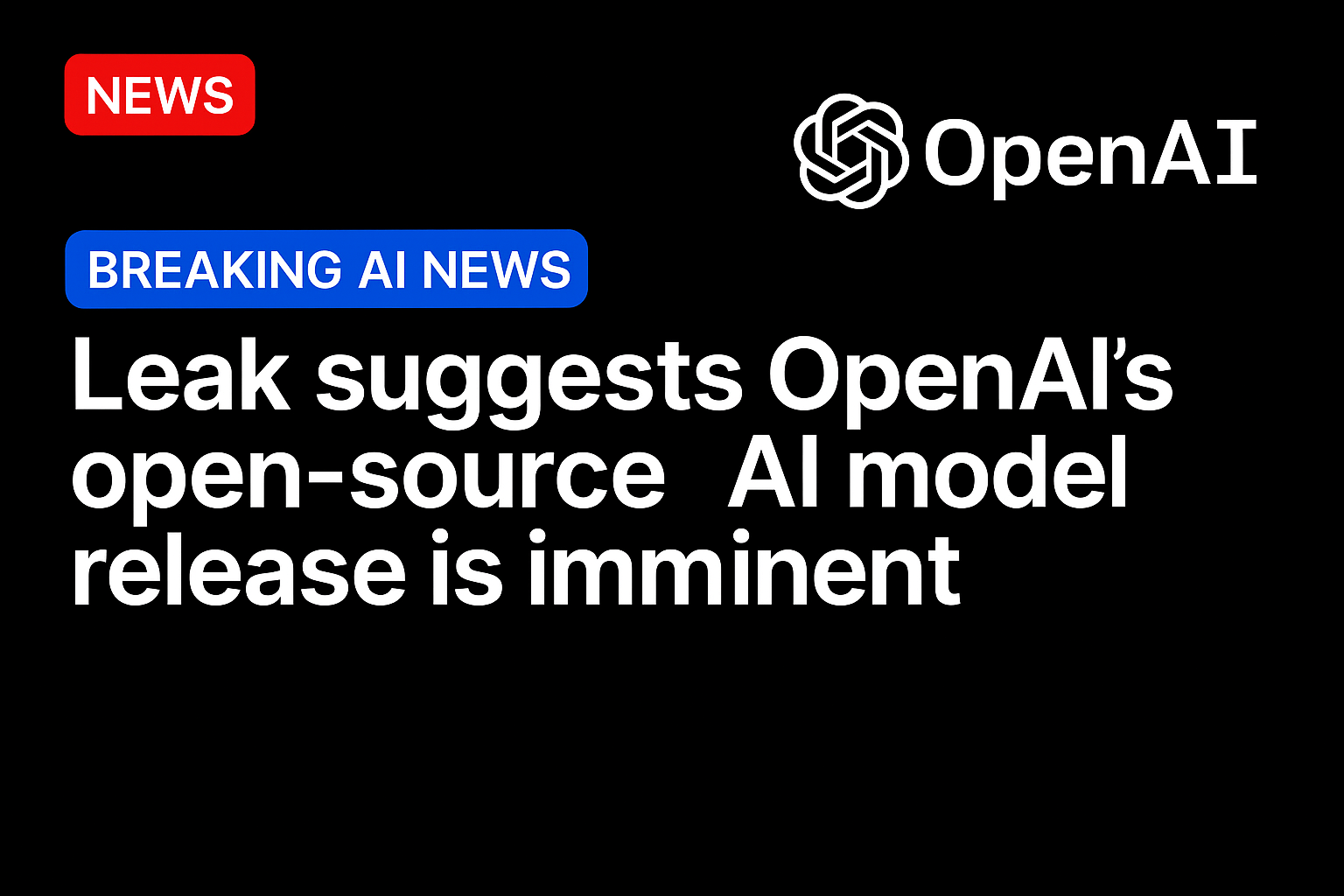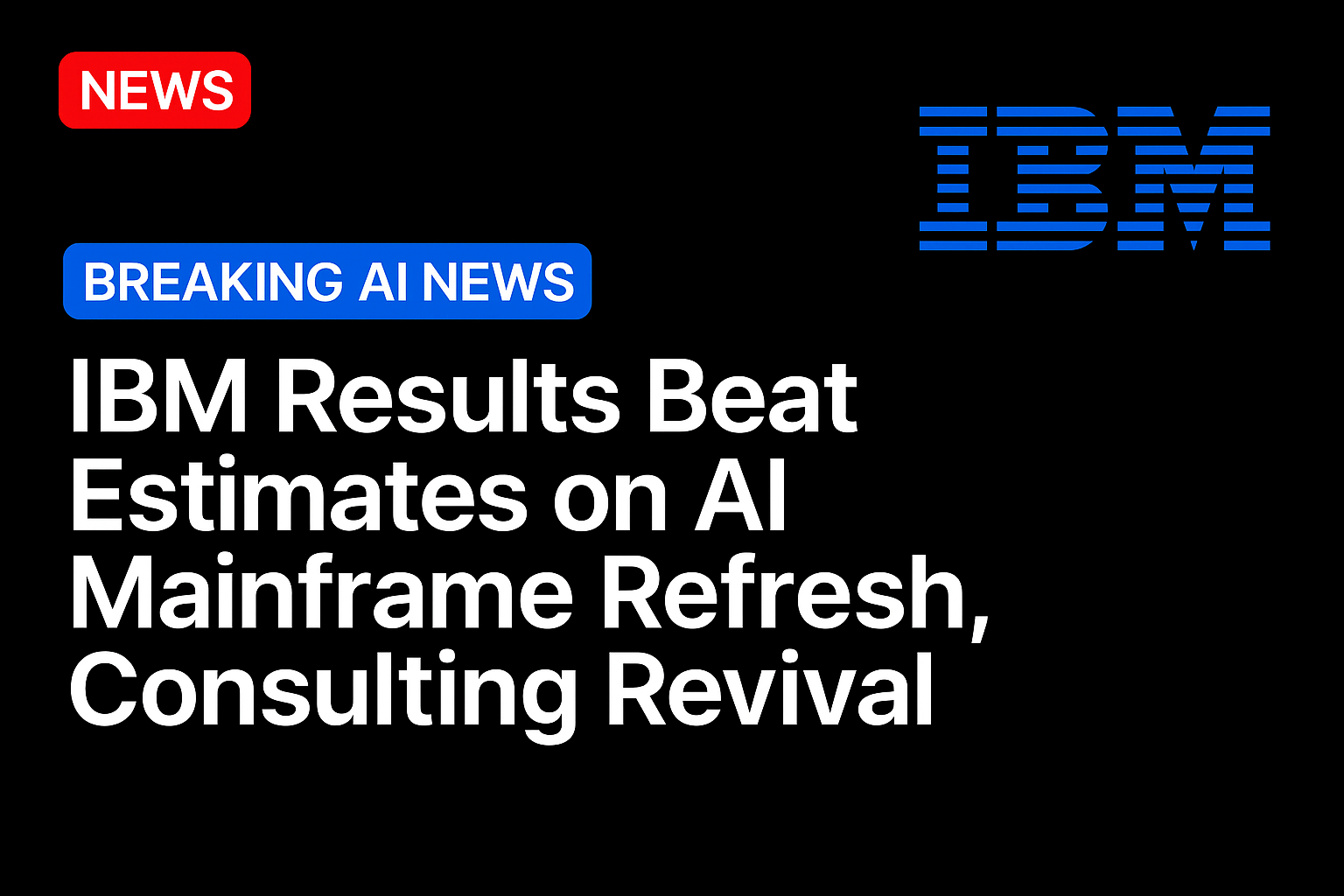Klarna, the Swedish fintech giant, has announced that its adoption of artificial intelligence (AI) technology is enabling the company to reduce its workforce by thousands, while also allowing it to offer higher salaries to the employees who remain. This strategic move comes as Klarna continues to integrate advanced AI systems into its operations to boost efficiency, automate tasks, and enhance customer service.
Leveraging AI for Efficiency
Klarna, known for its “buy now, pay later” (BNPL) services, has been incorporating AI to streamline its operations and optimize processes across the company. By automating repetitive tasks, such as customer support, fraud detection, and data analysis, Klarna has reduced its need for manual labor in these areas. This AI-driven transformation has resulted in substantial cost savings, enabling the company to reinvest in other strategic areas.
“AI has allowed us to significantly cut costs and enhance efficiency,” said Sebastian Siemiatkowski, CEO of Klarna. “While this has unfortunately meant reducing our workforce, it also enables us to offer higher compensation and invest more in the development of our core teams.”
Higher Pay for Retained Employees
While AI is helping Klarna reduce its headcount, the company is redirecting the savings to improve the pay and benefits of its remaining employees. Klarna aims to attract and retain top talent in areas like AI development, cybersecurity, product management, and customer relations by offering competitive salaries and enhanced growth opportunities.
The company’s leadership believes that focusing on fewer but highly skilled employees will allow Klarna to remain agile and innovative in a rapidly evolving fintech landscape. The move aligns with Klarna’s goal to shift towards a more technology-driven model, where employees work alongside AI to create more value for customers.
Challenges and Opportunities
Despite the benefits, Klarna’s strategy is not without challenges. The decision to cut thousands of jobs has raised concerns about the social impact of automation and AI on the job market. Critics argue that while AI can improve efficiency and reduce costs, it also risks creating unemployment and widening income inequality.
However, Klarna’s management sees AI as an opportunity to evolve the workforce and focus on higher-value tasks that require human creativity, problem-solving, and decision-making. “AI is not just about replacing jobs; it’s about creating new roles that leverage human potential in ways that machines cannot,” Siemiatkowski said.
Looking Ahead
Klarna’s approach to integrating AI and restructuring its workforce could serve as a model for other fintech companies facing similar challenges. As AI technology continues to advance, companies will need to find ways to balance automation with human-centered innovation to remain competitive in the digital economy.
While the decision to cut jobs may be difficult, Klarna is betting that investing in a leaner, more skilled workforce, augmented by AI, will position the company for long-term growth and success.





